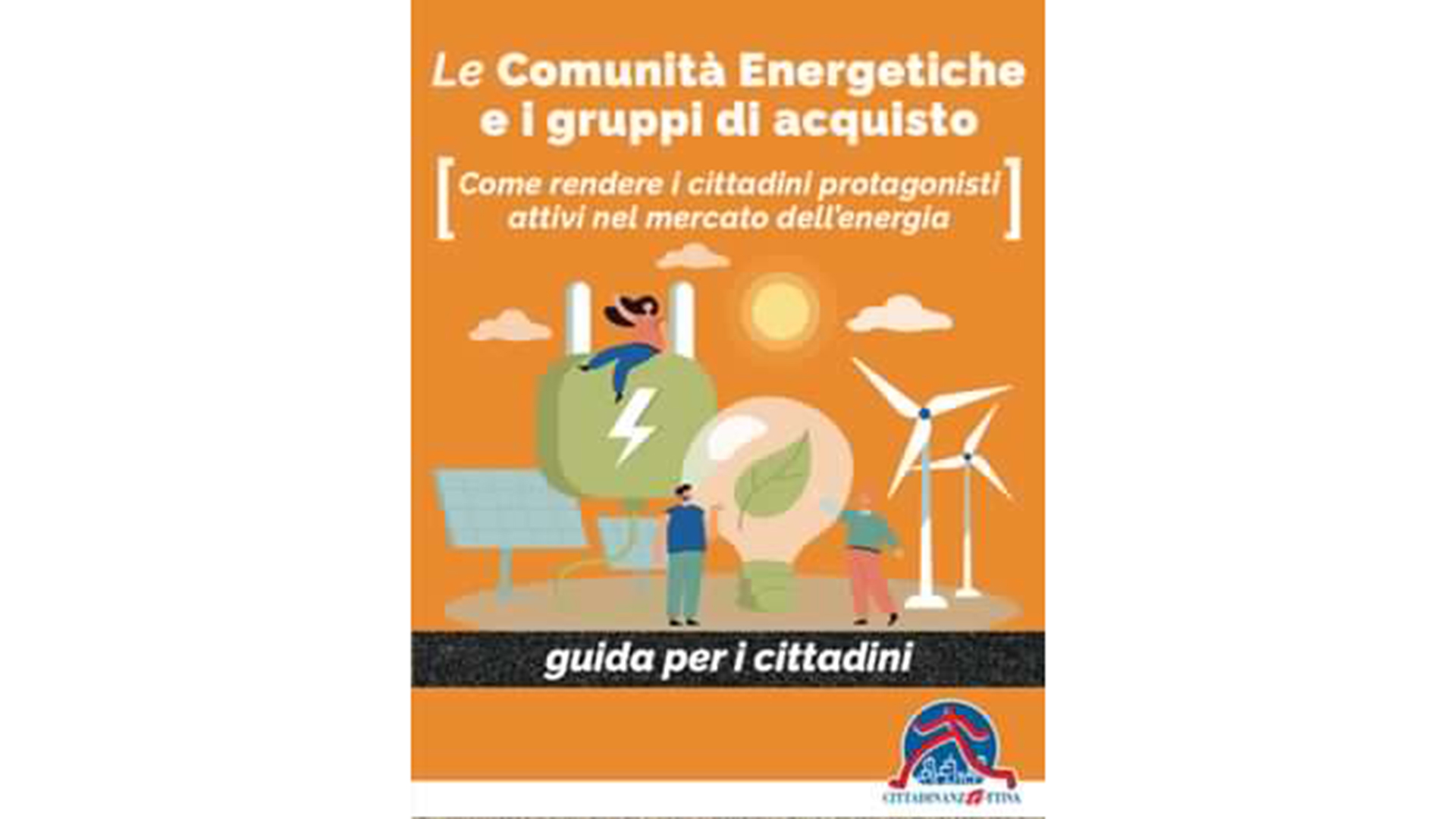Mariano Votta and Ginevra Varallo from Active Citizenship Network, and Tiziana Toto of the Responsible Energy Sector at Cittadinanzattiva, explore the energy crisis from the citizen perspective and the essential actions necessary to combat energy prices.
The end of 2022 brought as a gift the much-longed-for, at least by many European countries, agreement of a cap for energy prices, a much-needed measure. However, what are the other demands of consumer citizens? In Italy, for instance, all the consumer Associations, including Cittadinanzattiva, urged the institutions to take adequate measures to cope with price increases in energy and consumer goods. In particular, the following five critical points have been requested for the new Government’s agenda:
- The suspension of secondments due to arrears, now primarily linked to situations of deep hardship and poverty, with the lengthening of bills’ instalment guaranteed by the State together with a more stringent ban on contractual changes unilaterally decided by energy supplying companies;
- The increase in bonuses for energy, gas, and water and the enlargement of the audience’s beneficiaries through the raising of the ISEE thresholds (ISEE is the Equivalent Financial Situation Index), also differentiated by aid intensity, together with the establishment of a fund to combat rampant energy poverty;
- The reforming of the bill, reducing its tax and parafiscal charges, and the system of formation of energy prices, considering the weighted average of the costs of the different sources and decoupling electricity and gas, to combat speculation more effectively;
- An extraordinary national support plan for families and businesses, together with the clarification and strengthening of the instruments of super taxation on extra profits above a certain threshold achieved by large energy companies and companies in other sectors;
- An industrial and energy policy to boost investment in renewable sources and storage technologies, adopting measures to support the development of energy communities.
The role of energy communities and purchasing groups in combatting the energy crisis
A further request, parallel to the previous ones, concerns the growing interest in a cultural change aimed at greater citizen protagonism in the dynamics that have to do with energy. For this reason, Cittadinanzattiva is engaged at the European level in the H20 EU Project NUDGE – coordinated by the Institute for European Energy and Climate Policy Stitching (IEECP). The project will analyse people’s behaviour with concern to energy consumption and design and test nudging interventions in households, energy communities, and schools in five EU Member States. For the same reason, Cittadinanzattiva is also committed at the national level in Italy, providing up-to-date information on energy communities and purchasing groups, what they are and how they work.
Cittadinanzattiva’s free booklet and online guide, “Energy communities and purchasing groups: How to make citizens protagonists in the energy market,” aims to be a practical support for citizens who wants to know and undertake a path of change towards an alternative and more active approach to the world of energy. The guide explains what energy communities and purchasing groups are and provides a comprehensive glossary on the energy market to clarify concepts such as enhanced protection market, free market, hourly zone price and smart homes. To download the guide, click here.
On the other hand, high energy prices, climate change, and the depopulation of small villages are all factors that would necessitate speeding up the spread of energy communities, but as yet, little is known in terms of how they could be implemented and the benefits they could bring to individual citizens and their communities. Currently, on paper, there are about a hundred of them in Italy, but only 35 are actually operational. What is needed is more widespread information, a simplification of processes, and a well-defined regulatory framework, which to date is still unclear, at least in Italy. This also blocks the release of calls for tenders to activate the €2.2bn provided by the National Recovery and Resilience Plan for developing renewable energy communities in Italian municipalities under 5000 inhabitants.










